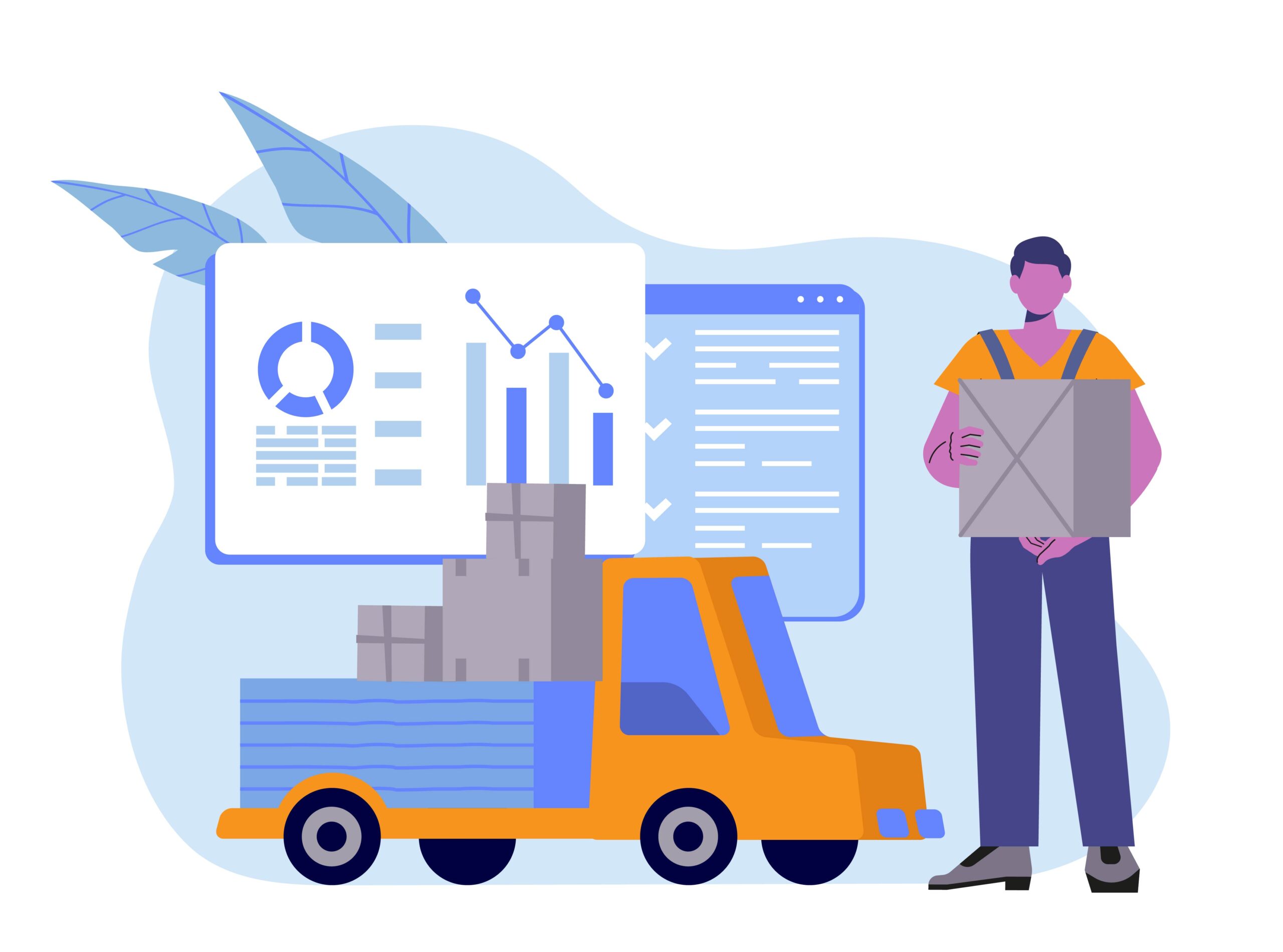AI
The Power of Generative Engine Optimization: Your Guide to the Future of Digital Content

Generative Engine Optimization (GEO) is a cutting-edge concept that’s reshaping the landscape of digital marketing, focusing on optimizing content for AI-driven search engines known as Generative Engines (GEs).
Unlike traditional search engines that list web pages based on keyword relevance, GEs use artificial intelligence to synthesize and present comprehensive responses tailored to user queries. This evolution demands a new approach to content optimization, and that’s where GEO comes into play.
What is Generative Engine Optimization?
GEO is about crafting content that aligns with how Generative Engines process and prioritize information. These engines, like Google’s AI-powered SGE and Bing’s Copilot, don’t just return links; they generate detailed, multimodal responses by analyzing and synthesizing data from various sources. The aim of GEO is to make your content more visible and relevant in these AI-driven search results.
How Does GEO Differ from Traditional SEO?
While traditional SEO focuses on optimizing content for search engines like Google and Bing using strategies such as keyword placement, backlink building, and on-page optimization, GEO requires a more nuanced approach. Here, the focus is on understanding how AI models interpret content, ensuring that it’s engaging, informative, and aligns with the AI’s ability to generate comprehensive responses.

Techniques for Effective GEO
- Authoritative Content: Establishing your content as a trusted source is crucial. This means providing in-depth, well-researched articles that offer unique insights. The goal is to be seen as an authority in your niche, which increases the likelihood of your content being favored by AI-driven search engines.
- Strategic Keyword Placement: Just as in traditional SEO, keyword placement remains important, but the emphasis in GEO is on natural, contextually relevant usage. Rather than stuffing keywords, the focus should be on enhancing content quality first, then weaving in keywords in a way that aligns with how AI algorithms assess relevance.
- Incorporating Statistics and Citations: Including up-to-date statistics from credible sources and citing them appropriately can significantly boost the credibility and trustworthiness of your content. This not only appeals to readers but also signals to AI algorithms that your content is well-researched and reliable.
- Fluency and Readability: AI models prioritize content that is easy to read and understand. This means using simple language, short sentences, and clear formatting. The aim is to ensure that the content flows smoothly, keeping the reader engaged from start to finish.
- Use of Unique Words and Quotations: Utilizing unique language that resonates with your audience can help differentiate your content from the competition. Additionally, including quotes from industry experts can add depth and authority, making your content more appealing to both readers and AI models.
The Impact of GEO on User Experience
GEO is not just about optimizing for search engines; it’s about enhancing the overall user experience. By focusing on creating content that AI can easily interpret and present, you’re ensuring that users receive the most relevant and engaging information. This leads to a more personalized and satisfying experience, whether users are seeking in-depth knowledge, product recommendations, or localized services.
The Future of GEO
As AI continues to advance, the importance of GEO will only grow. Businesses that embrace this new approach to content optimization will be better positioned to capture the attention of users in this AI-driven landscape. Whether it’s through creating more engaging content, improving the accuracy of information delivery, or enhancing personalized recommendations, GEO is set to play a pivotal role in the future of digital marketing.
In conclusion, while traditional SEO remains relevant, GEO represents the next step in the evolution of search engine optimization. By understanding and leveraging the power of AI-driven search engines, businesses can ensure that their content not only ranks well but also delivers a superior user experience. This, in turn, can lead to increased visibility, higher engagement, and ultimately, better conversion rates
About the Author
The Best Digital Marketing Insight and Advice
The WSI Digital Marketing Blog is your go-to-place to get tips, tricks and best practices on all things digital
marketing related. Check out our latest posts.
We are committed to protecting your privacy. For more info, please review our Privacy and Cookie Policies. You may unsubscribe at any time.
Don't stop the learning now!
AI in Logistics: Supply Chain Optimization
Artificial intelligence (AI) is transforming the logistics and customs management industry, improving efficiency, reducing costs, and optimizing regulatory compliance. As global trade expands, businesses and customs authorities are turning to advanced solutions to streamline their operations.Below, we explore some of the most relevant AI tools in logistics and customs. 1. AI in Logistics: Supply Chain Optimization a. Demand Prediction and Inventory Management Tools such as Blue Yonder and Llamasoft (Coupa) use AI and and machine learning to analyze
READ MOREThe Future of AI: Exploring Gamma and Similar Tools
Artificial intelligence (AI) is revolutionizing content creation and task automation. One of the most innovative tools in this space is Gamma, a platform designed to streamline the creation of presentations, documents, and reports with minimal manual effort. In this article, we will explore Gamma and other similar tools that are transforming productivity and content generation. …
Continue reading “The Future of AI: Exploring Gamma and Similar Tools”
READ MOREHow AI Can Transform Customs Agencies: Boosting Efficiency and Security
In today’s fast-paced global trade environment, customs agencies play a critical role in ensuring the smooth flow of goods across borders while maintaining security and compliance. However, the increasing volume of international trade, coupled with complex regulations, has made the job of customs agencies more challenging than ever. This is where Artificial Intelligence (AI) steps …
Continue reading “How AI Can Transform Customs Agencies: Boosting Efficiency and Security”
READ MORE




